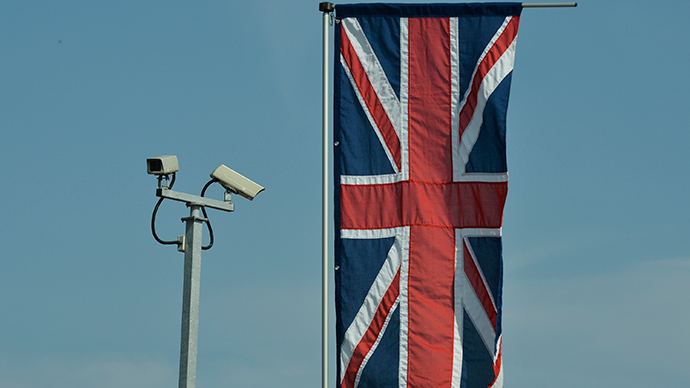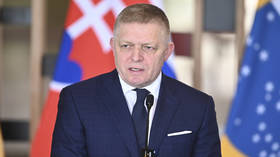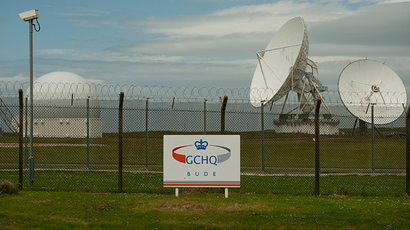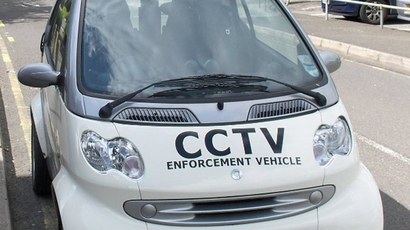'Snooper’s charter': UK govt pushes for access to social media

Britain’s Home Secretary is pushing for new spying powers to access social media and email accounts. Theresa May argues that it’s a “matter of life and death,” and has dismissed claims the government wants to spy on citizens.
The British Home Office is pushing for changes to the law that would radically expand powers to monitor citizens. The communications data bill, which has been branded ‘the snooper’s charter’ by opponents, would allow authorities access to Facebook, Twitter and Instagram accounts.
In addition, services like Facetime and Skype would also be
accessible to the UK authorities.
May argues that social media platforms have become “safe
havens” for organized crime and terrorism and the government
must act to counter the new threat.
“The world is a dangerous place and the United Kingdom needs
the capabilities to defend its interests and protect its
citizens,” she said in a speech to Lord Mayor’s Defense and
Security Lecture at London’s Mansion House, reports the BBC.

She went on to say that the National Crime Agency has had to drop
at least 20 cases over the last six months because of missing
communications data. May said at least 13 of those cases were
“threat-to-life” scenarios involving children.
"We must keep on making the case until we get the changes we
need,” said May, insisting it is a matter of life and death.
The ‘snooper’s charter’ was blocked by coalition partners the
Liberal Democrats last year, who condemned the bill as an affront
to privacy. However, May argues that the government is missing
out on a valuable resource in the fight against criminality.
"Governments have always reserved the power to monitor
communications and to collect data about communications when it
is necessary and proportionate to do so,” she said.
During her speech, May addressed American-spy-turned
whistleblower Edward Snowden’s allegations that the government
was unlawfully spying on citizens. She slammed claims that the
spy agency GCHQ was taking advantage of loopholes in legislation
to tap into social media as “nonsense.”
Responding to Theresa May’s speech, acting director of privacy
group Big Brother Watch, Emma Carr, said the Home Secretary was
trying to force the unpopular legislation.
“Yet again the Home Secretary is clashing with the broad
political consensus that no new powers should be introduced until
a full independent review into the currently available
surveillance legislation and oversight mechanisms has taken
place,” she told Forbes.
Edward Snowden triggered a worldwide scandal last year when he
released classified information, revealing the spy antics of the
US and its allies. It was found that the US National Security
Agency collaborated with the UK’s GCHQ to gather and store
metadata in huge quantities.
The US maintains that its intelligence practices are a vital tool
in the fight against terrorism, but has scaled back some of its
activities since the revelations came to light. In January this
year, President Barack Obama said the NSA would no longer monitor
the personal communications of foreign leaders, but would
continue to gather data on the intentions of foreign governments.














